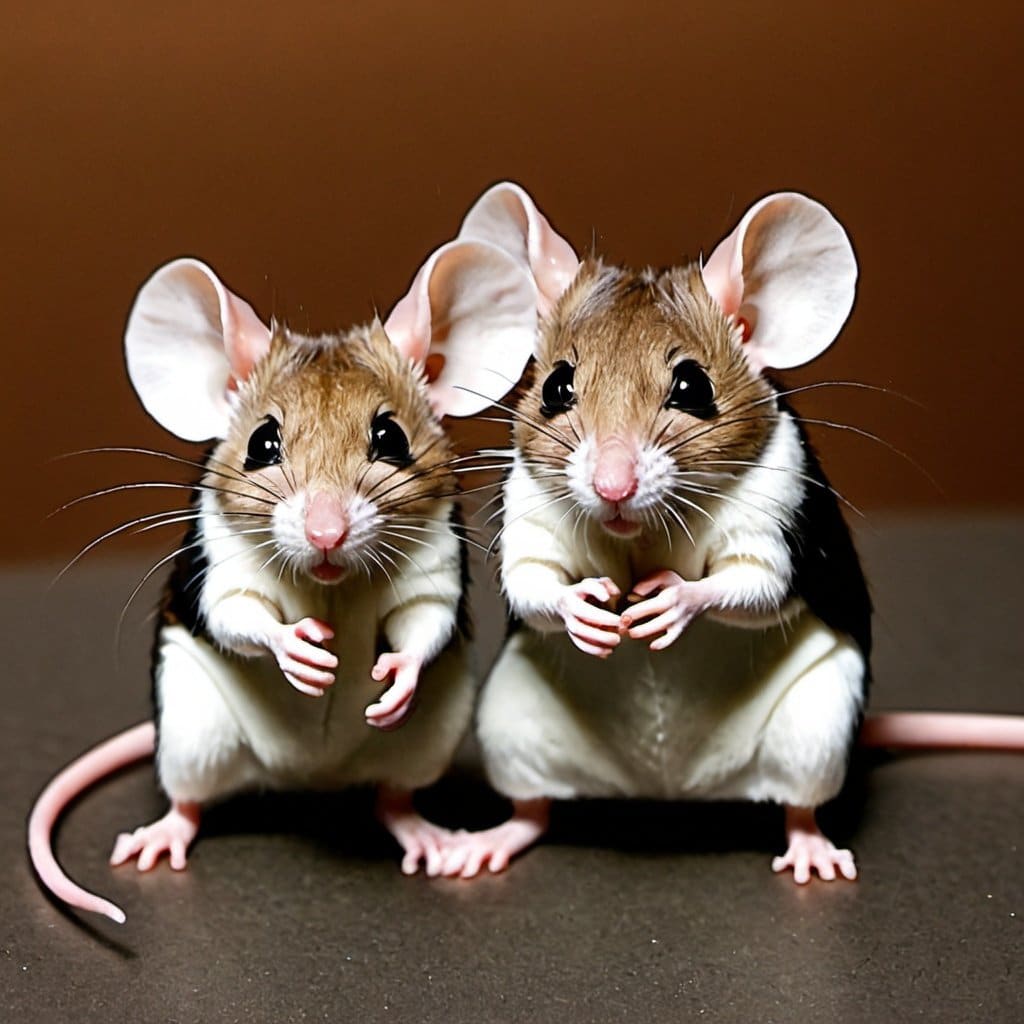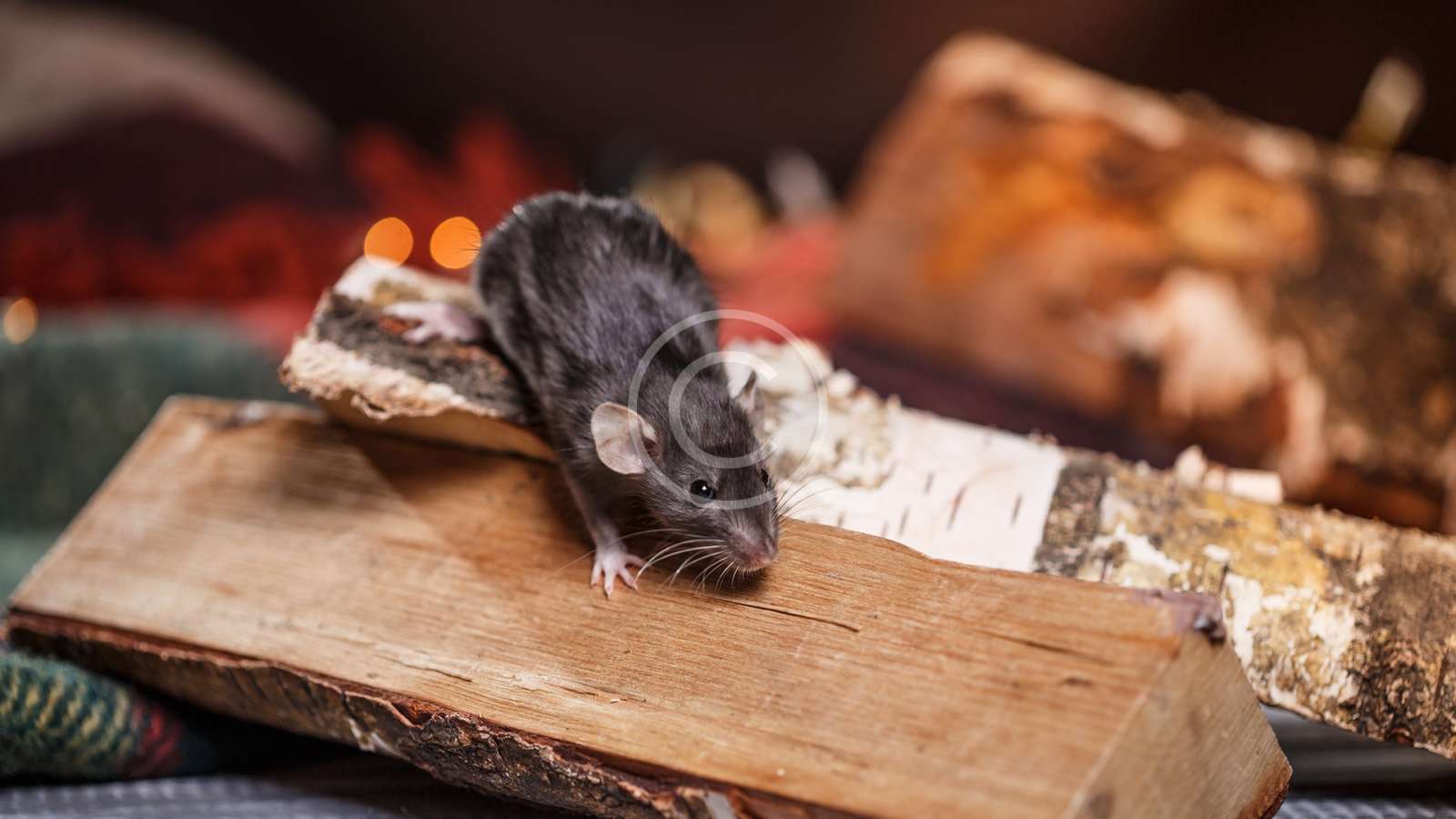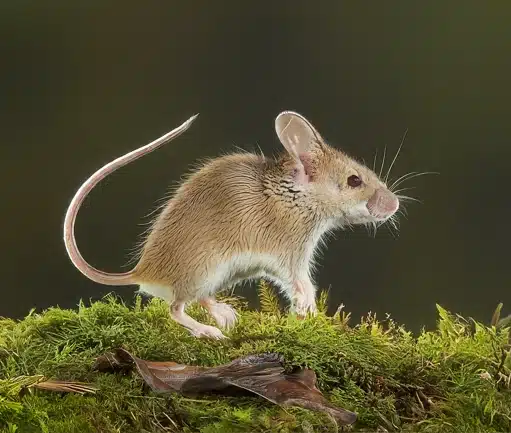Rodenticides, or pesticides designed specifically for use on rodents, varies greatly. These poisons will work on any rodent including rats, mice, squirrels, porcupines, beavers and other rodents. We need rodents in our ecosystem, but sometimes they need control. So you may be wondering how rat poison works? Most are anticoagulants. This means that they stop the blood from clotting causing death by internal bleeding. But there are other means by which rat poisons control rodent populations.
Most rodenticides are taken orally. There is one, warfarin, that can be inhaled or contacted by the skin. This was the first rodenticide and was used extensively until rats started to develop an immunity to it. It was first discovered when some sweet clover grew mold and made a herd of cow sick. It was discovered that converted a chemical in the fungus to a more toxic chemical that made them sick. This chemical is warfarin.
HOW ANTICOAGULANTS WORK
In our livers, we create a special enzyme that recycles the vitamin K that is in our bodies. Vitamin K is used in the blood clotting process. Anticoagulants stop the enzyme from its role in recycling vitamin K. Rodents get low on vitamin K and internal bleeding results. Many anticoagulants require multiple feedings over several days to completely deplete the vitamin K in the animal. Active ingredients such as warfarin, chlorophacinone and diphacinone are rodenticide that require more time.
Single dose active ingredients, on the other hand, can kill with one feeding. These active ingredients include brodifacoum, bromadiolone, and difethialone. Their higher toxicity also means that they are more dangerous to pets and other helpful small animals. Its important to consider this when choosing which kind of rat poison to use. In cases of accidental poisoning, pets can be treated with extra dosages of vitamin K until the poison has been passed from their system. If you think your pet has ingested one of these poisons, seek veterinarian assistance immediately.
OTHER RODENTICIDES
Bromethalin is a non anticoagulant rodenticide. It attacks the central nervous system by inhibiting nerve cells ability to produce energy. These cells swell in result, putting pressure on the brain and spine. This causes paralysis and then death. One dose will kill most rodents. Cholecalciferol is another non anticoagulant, but it requires multiple doses. It actually overdoses the animal on a vitamin that it needs, vitamin D. Vitamin D is used to regulate calcium in the body. With too much Vitamin D comes too much calcium which adversely effects the central nervous system, muscles, the gastrointestinal tract, cardiovascular system, and the kidneys.
The next two, zinc phosphide and strychnine, are so toxic that you need special licensing to get them in most states. When zinc phosphide is introduced to water, it creates a very poisonous gas that stops cells from making energy. This gas is particularly damaging to the heart, brain, kidney, and liver. Strychnine was once used extensively as rat poison. This active ingredient attacks the central nervous system causing muscle spasms so severe, that breathing paralysis and death result.
PETS AND WILDLIFE
Its always important with any pesticide or rodenticide to use the product in accordance to the label. These chemicals, if ingested, will kill most small animals, or even children, if consumed. That’s why any pest control technician will put rodent baits into a tamper proof rodent box. These boxes have small openings by which the mouse or rat can enter, but require a special key to open for maintenance. These boxes keep curious pets and children from contacting the bait.
Many rodenticides have treatments or antidotes if it is discovered early enough that a pet or person has been poisoned. If you think that a pet or someone else has been exposed, seek medical help immediately. Birds and other wildlife can also be at risk to these poisons. This is why the appropriate bait box is necessary to protect the ecosystem. Its best to always use an exterminator who is trained in the safe use of rodent bait and bait boxes.
If you are having an issue with mice, rats or other rodents in the Tulsa or Broken Arrow, Oklahoma area, or just wondering how rat poison works, Contact Us at TermMax Pest Control. Our exterminators are the best in the business!




